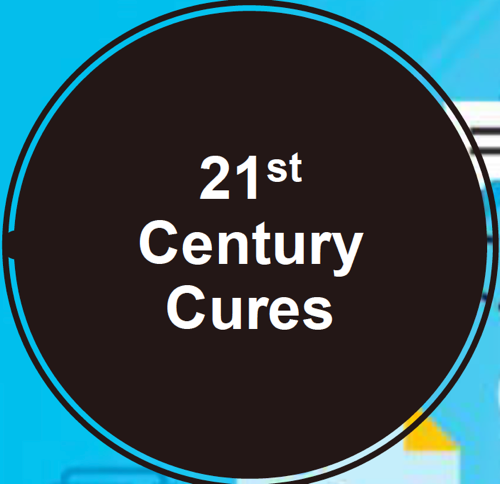Remote Patient Monitoring 101- Webinar replay
In case you missed it below is the recording of our recent Remote Patient Monitoring or RPM webinar.
What is Remote Patient Monitoring?
Remote Patient Monitoring also known as RPM, is a relatively new program from Medicare that enables healthcare providers to monitor high risk patients’ health outside of physical clinic locations, specifically those with at least one chronic condition. This includes those that may need a blood glucose monitor, digital weight scale, blood pressure cuff, or other monitoring device.
Using a technology platform of hardware devices and software, important clinical data taken by the patient themselves in the comfort of their own homes or other outside setting is automatically sent to the providers secure, online portal for review, appropriate clinical action and ultimately billing to Medicare. RPM is a perfect complement to your telemedicine and chronic care management services.
RPM is primarily used for patients with chronic conditions such as diabetes, heart conditions, and hypertension. Whenever the patients use their RPM devices, providers will receive patient health data and population health alerts which provide real-time information about when at-risk patients’ results are out of a defined range. Additionally, in 2019, Medicare introduced reimbursement for remote patient monitoring, making it zero-cost to seniors with at least one chronic condition to access the services
In this webinar you'll learn everything you need to know about remote patient monitoring:
- How a remote patient monitoring platform works
- Which patients are qualified to receive remote patient monitoring services
- Challenges
- RPM CPT Codes and Economics
- How to Choose an RPM Platform
To view the replay of the webinar click below
If you have any questions or if you'd like to get started implementing Remote Patient Monitoring in your practice click the button below!




